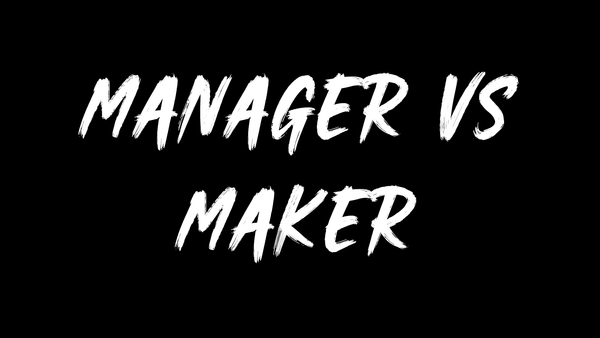CrewAI in Marketing: A Personal Perspective

Having spent years bridging Silicon Valley innovation with German engineering precision, I've recently discovered something game-changing. Let me share how I've been implementing CrewAI to revolutionize marketing operations, and what I've learned along the way.
Why This Matters
When I first started exploring CrewAI, I was skeptical. Another AI tool? But after implementing it across several client projects, I've seen firsthand how it transforms marketing teams. It's not just automation – it's about orchestrating AI agents to work together like a well-oiled German machine.
What I've Built
I've developed a framework that brings together four key agents:
- A Content Strategist that thinks like a CMO
- A Market Analyst that never sleeps (wish I had that superpower)
- A Content Creator that maintains brand voice across channels
- A Performance Monitor that catches things I used to miss
Real Talk: The Challenges
Let's be honest – implementation isn't always smooth. In my first attempt, I created a "God Agent". What's a God Agent? Basically, I tried to make the agent do too many things. But after simplifying the architecture (a lesson I learned the hard way), things started to click.
The Integration Story
The magic happens when CrewAI connects with your existing tools. I've integrated it with everything from HubSpot to custom analytics platforms. The key? Start small, test relentlessly, and scale what works.
What You Need
From my experience, you'll want:
- A solid Python team (or a great freelancer)
- Cloud infrastructure that won't break the bank
- Marketing teams ready to embrace AI collaboration
Measuring Success
Here's what I track:
- Time saved in campaign planning (I've seen 60%+ improvements)
- Content production speed (typically doubles)
- Market insight quality (dramatically deeper)
Next Steps
If you're considering this path, start by defining one specific workflow. Test it, refine it, then expand. I typically see teams ready for initial deployment in 6-8 weeks.
Want to know more about my experience with any of these aspects? Let me know in the comments or next week's newsletter.





